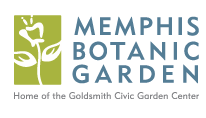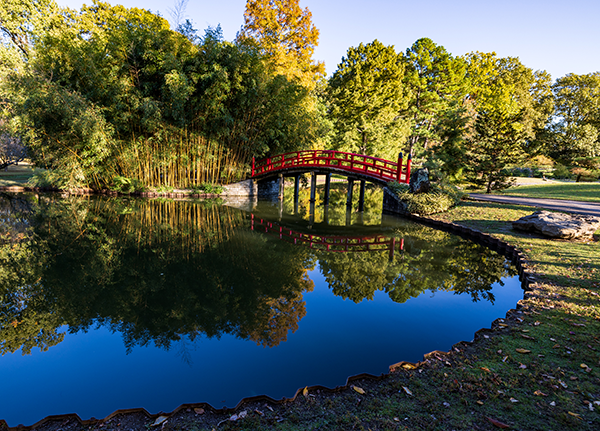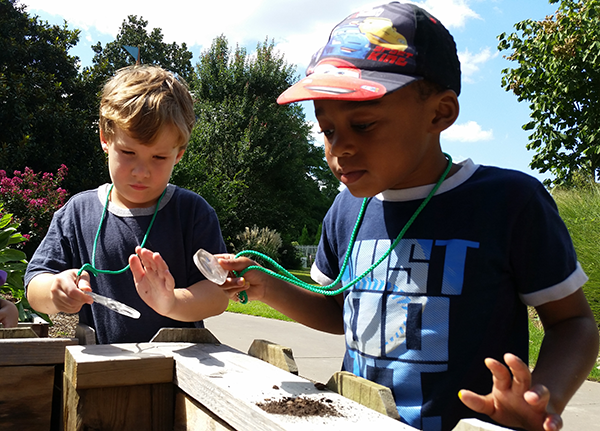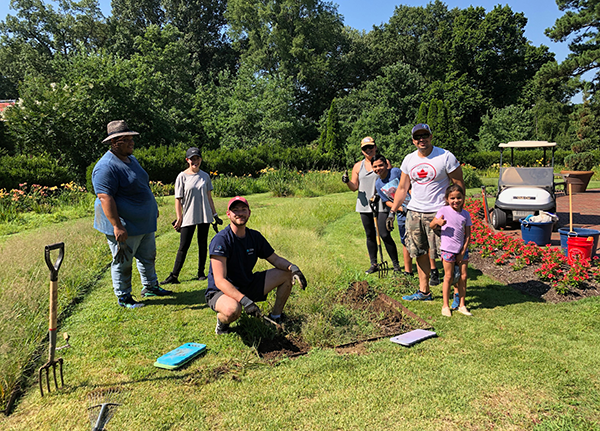The only thing better than a hobby you love is a hobby you love that increases your quality of life. By that test, there’s nothing better than gardening. Along with fresh air and dirty fingers, a garden offers beautiful sights and tastes. Experienced gardeners can turn almost any seedling into a fruitful adult plant. For those of us whose green thumbs are not as developed, there are native plants.
A Better Way to Grow

Source – https://pixabay.com/photos/gardening-field-potatoes-harvest-4545661/
No matter what kind of garden you decide to set up, it is important to have a clear plan for what you’ll grow. It’s easy to choose plants that appeal to your personal tastes. But many of the most popular garden plants are indigenous to different regions. So one plant might thrive under very different conditions than its neighbors. This leads to a garden filled with species that each have different care requirements. That can frustrate any gardener, but especially those just getting started. These problems are all but eliminated when you choose native plants.
Less Upkeep

Source – https://pixabay.com/photos/plant-gardening-growth-green-herbs-5214521/
Foxglove beardtongue, daylilies and other flowers native to Memphis and the surrounding area will flourish with very little effort. Unlike species from different parts of the world, native plants have adapted to Tennessee’s climate. Native species are likely to thrive and produce without constant attention. If you’ve ever neglected a houseplant to death, chances are that plant wasn’t a native.
Fewer Resources
Being fine-tuned to local conditions means native plants need fewer resources to thrive. When compared to non-native species, the locals need less watering and little to no fertilizer. That’s less out of pocket for you at the garden store plus savings on utilities.
Better for Local Ecology

Source – https://pixabay.com/photos/bee-flowers-insect-garden-nature-4991057/
Native plants stabilize soil, filter water, and purify the air. They also attract local wildlife by replenishing shelter that might otherwise be scarce. Native species are also great choices for attracting bees, birds, and other pollinators like the yucca moth to your property. This means better fertilization, higher yields, and ultimately a greater garden. Since the natives need fewer resources, there’s less waste and a smaller carbon footprint.
Low Maintenance (But Not No Maintenance)

Source – https://pixabay.com/photos/tomato-plant-vegetables-food-4241980/
The native species you plant will enjoy your soil conditions and feel at home in your area’s hardiness zone, which will tell you which plants will thrive in your climate. Memphis is in zone 7b, which has a minimum average temperature of 5 to 10 degrees.
While Memphis natives have a better chance to thrive, planting them doesn’t mean your garden will be maintenance-free. Tennessee soil tends to have a high clay content, which can leave even native species wanting for aeration or supplemental nutrients. Issues may also arise if you plant in a spot with too much or too little sun. Reading the sunlight and sow-depth details on displays and the back of seed packets can get tedious. But those details can make or break your garden. In the end, a little tedium during the purchasing phase will save you lots of time and effort over the rest of your growing season!
Amy Okafor loves a good landscape, and seeks inspiration for the one in her backyard by visiting every one she can in her travels. She writes about gardening and landscaping for a variety of local and national publications.
By Amy Okafor
